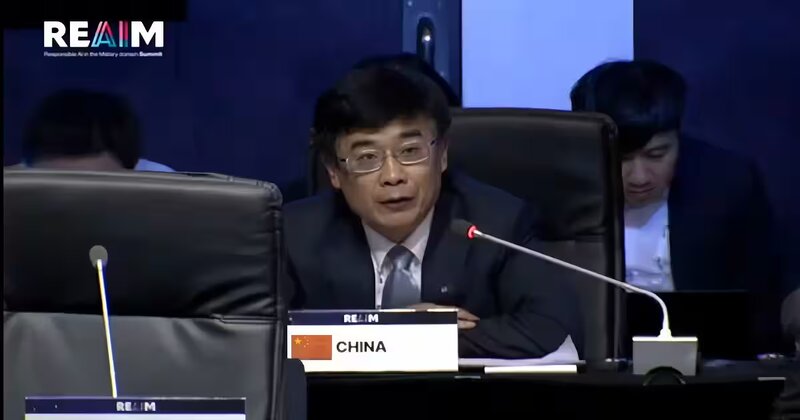
China has opted out of the “Blueprint for Action” agreement aimed at preventing artificial intelligence (AI) from controlling nuclear weapons, a key initiative adopted at the Responsible AI in the Military Domain (REAIM) summit held in Seoul. The summit, attended by over 100 countries including the United States, addressed the growing use of AI in military systems and emphasized the importance of human oversight in nuclear decision-making. The non-binding agreement highlights that AI should remain ethical and human-centered, particularly in the sensitive area of nuclear command and control.
Despite broad support for the agreement, China’s refusal to sign the declaration signals its hesitation to commit to international guidelines limiting AI’s role in nuclear systems. While the summit’s declaration lacks enforceable sanctions for violators, it underscores the need for continued global discussions to regulate AI’s military applications. South Korean defense minister Kim Yong-Hyun warned of AI’s double-edged potential, enhancing military capabilities but also posing risks if misused, particularly in autonomous decision-making related to nuclear warfare.
The Seoul summit, co-hosted by South Korea, Britain, the Netherlands, Singapore, and Kenya, aimed to build a global consensus on managing AI in military contexts. As the second REAIM event following the inaugural summit in The Hague, it seeks to establish itself as a key platform for addressing AI in warfare. Russia was notably excluded from the event due to its invasion of Ukraine, highlighting a growing divide in military ethics between Russia and other nations. China’s absence from the agreement complicates future efforts to globally regulate AI in military use as it continues to develop its own advanced technologies.

Post Your Comments